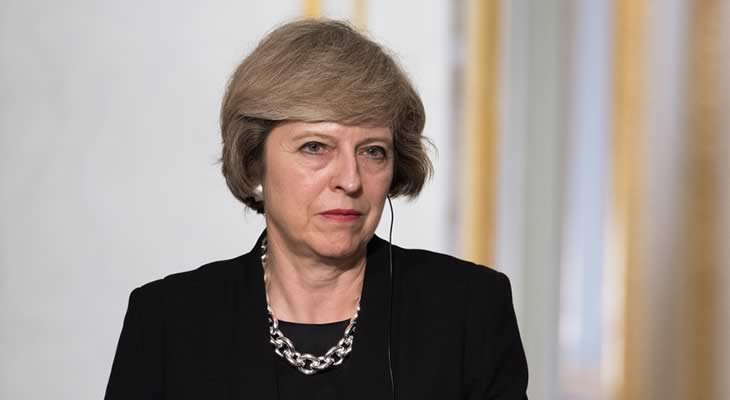Theresa May has a self-imposed deadline of the end of March for invoking the official EU exit clause. How will Pound exchange rates respond to the key developments left before the deadline arrives?
Article 50 Bill Amendments Still Possible; Hope for GBP Remains
The bill to authorise the government to officially begin the Brexit process is currently still being debated in Parliament. Pound exchange rates have weakened in response to the early defeat of several Labour motions, which included regular reports from the government on its progress and a greater say in the process for the devolved governments.
However, other amendments are still being debated and will be voted on in the next couple of days. If all amendments are defeated during the vote, GBP will weaken further, as Theresa May will effectively have carte blanche for the negotiations. This would likely result in a ‘hard Brexit’.
Legislation on Article 50 Passed to House of Lords; Peer Scrutiny could Boost GBP
After Parliament has approved the final Brexit bill, it will be passed on to the House of Lords, where the entire process of debate, amendment and vote will be repeated. If the Lords do not wish to make any changes, the bill will become law.
However, should peers choose to alter the bill, it must then be passed back to Parliament for those changes to be voted on. This could quickly result in a stalemate if Parliament refuses to accept the Lord’s changes and the Lords refuse to accept the bill as it stands.
As with the bill’s passage through Parliament, signs that amendments will be passed and the Prime Minister’s negotiating aims altered will boost GBP, while the path of least resistance will not be supportive of bullish Pound exchange rate forecasts.
It is worth noting, however, that Theresa May has already threatened the House of Lords not to try and block or overly interfere with the legislation. A dormant government plan to curb the power of peers could be restarted, she has warned, if the Lords attempt to stymie her aims.
Theresa May Triggers Article 50; Pound Exchange Rates Likely to Weaken

Regardless of the kind of amendments made to the Article 50 bill, what is clear is that the UK will definitely be leaving the European Union. The markets as a whole are against this, as it creates uncertainty and therefore risk; two things traders avoid wherever possible.
Therefore, once the bill has been passed, Pound exchange rate forecasts are largely bearish. The news, whenever in March it comes, that Theresa May has officially begun the Brexit process could see Sterling slump again.
There will then be an extended period of rumour and hearsay, with cabinet ministers likely remaining tight-lipped as often as not. Suggestions the UK is succeeding in securing favourable terms will lift Sterling, while the Pound exchange rate forecast is for severe weakness should things such as the UK’s exit from the single market be confirmed.
Current Interbank GBP Exchange Rates
At the time of writing, the GBP EUR exchange rate trended around 1.16, the GBP USD exchange rate trended around 1.23, the GBP AUD exchange rate trended around 1.62, the GBP NZD exchange rate trended around 1.69 and the GBP CAD exchange rate trended around 1.63.


Comments are closed.